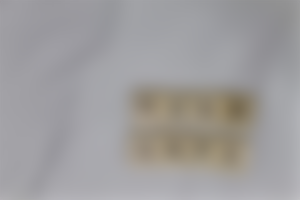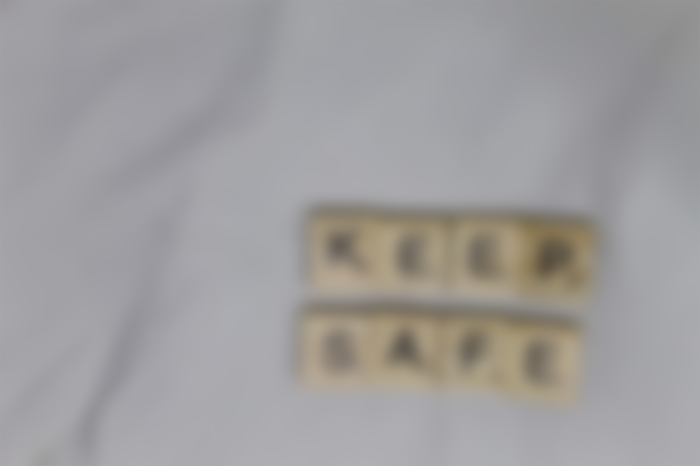How to Make Passive Income on the Stock Market
Hedge funds do not want you to know how to invest like this.

The Simplest Way to Invest
For 99% of people interested in buying stocks, the best and most simple method is to buy index funds.
An index fund is like investing in a basket of stocks all in one.
Stocks within the index are automatically adjusted so you do not have to do anything except simply buy the index fund and make passive income.

John Bogle created index funds
John Bogle is easily one of the most iconic investors in U.S. history.
He is the founder of The Vanguard Group, which is the largest issuer of mutual funds in the world and the second-largest of ETFs.
Bogle is also credited with creating the first index fund of all time which revolutionized the process of investing in the stock market.
Index funds are so amazing because unlike other types of mutual funds, they are not actively managed and simply follow an index like the S&P 500.
This means that investors do not pay nearly as much in fees to invest in them, which has saved them billions of dollars over time.
Bogle’s three-fund portfolio
Bogle has always recommended that people buy low-cost index funds and let the American companies within the index do the work for them.
He takes pride in his simplistic yet effective approach to investing in the stock market.
The three-fund portfolio is constructed of three different mutual funds or ETFs.
An ETF is an exchange traded fund and is very similar to an index fund.

Components of the three-fund portfolio
A domestic total stock market index fund.
An international total stock market index fund.
A total bond market index fund.
How to invest like this on any brokerage account (including Robinhood)
You can simply put 33% of your account into these three ETFs evenly that are available on any brokerage.
Vanguard Total Stock ETF (VTI)
Vanguard Total International Stock ETF (VXUS)
Vanguard Total Bond Market ETF (BND)
Example portfolio
If you have a $10,000 account this is how much of each ETF you would buy.
VTI — $3,333
VXUS — $3,333
BND — $3,333
If you don’t have a ton of money to invest, learn how you can still invest with as little as $1 using a simple brokerage app like Robinhood in my post called From $1 to 1,000,000 Micro-Investing.

Pros of Utilizing the Three-Fund Portfolio
Simplicity
Although the three-fund portfolio can be considered boring it is also extremely simple and this can be a huge benefit when investing in the stock market.
Arguably the biggest reason investors lose money with stocks is that they buy single companies and then if they start to lose money they get emotional and sell the stock for a loss.
By investing in an index fund you are automatically investing in hundreds of companies so if one of them goes out of business it will just be removed from the index for you.
It is much less likely that an investor will decide to panic sell out of a broad market fund because they know it is diversified very well and will eventually recover any losses it may incur in the short term.
Additionally, you will always have bonds as risk-free assets there which will provide you with income regardless of how the stock market is doing.

Low risk
While there is always a general market risk when investing your money, the superior diversification of the three-fund portfolio combined with bonds is arguably the least risky way to go about investing.
One could argue that you can perform better by picking out single companies that are believed to outperform the overall market, but this method comes with additional risk.
Companies go out of business all the time and even the most trusted companies can become irrelevant as time goes on.
Investing in the entire market is a great way to reduce your risk while still getting fair returns on your money over the long run.
Cons of the Three-Fund Portfolio
Low returns
While the three-fund portfolio is a great approach to investing, one of the downsides is that the returns can be small when compared to a 100% equity portfolio.
Investing in bonds is no longer considered a good investment by most people because of high inflation and low rates.
You would have also missed the huge equity bull market that has occurred over the last decade or so.
Of course, you are still allocated to equities but the fact that bonds are part of the portfolio has hindered the long-term performance.
Therefore, a portfolio like this is best suited for somebody who is getting closer to retirement or is more risk-averse.

Foreign country risk
Some investors consider investments outside of the U.S. riskier.
If something drastic happens in another country such as war this can send their stock market tumbling.
This is why some investors may only choose to buy VTI and skip out on the VXUS international fund.
VTI has also been outperforming VXUS since the stock market crash in March of 2020.





